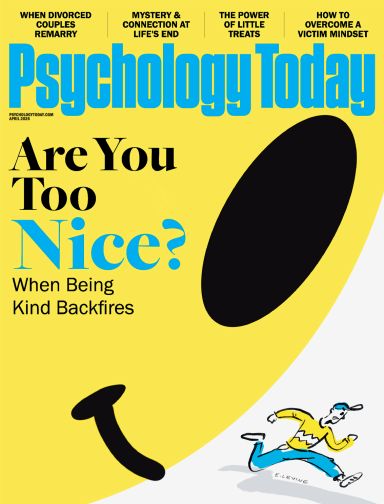Defense mechanisms are unconscious strategies whereby people protect themselves from anxious thoughts or feelings. Defense mechanisms aren’t inherently bad—they can allow people to navigate painful experiences or channel their energy more productively. They become problematic, however, when applied too frequently or for too long.| Psychology Today
Anger is one of the basic human emotions, as elemental as happiness, sadness, anxiety, or disgust. These emotions are tied to basic survival and were honed over the course of human history. Anger is related to the “fight, flight, or freeze” response of the sympathetic nervous system; it prepares humans to fight. But fighting doesn't necessarily mean throwing punches. It might motivate communities to combat injustice by changing laws or enforcing new norms.| Psychology Today
Guilt is aversive and—like shame, embarrassment, or pride—has been described as a self-conscious emotion, involving reflection on oneself. People may feel guilt for a variety of reasons, including acts they have committed (or think that they committed), a failure to do something they should have done, or thoughts that they think are morally wrong.| Psychology Today



